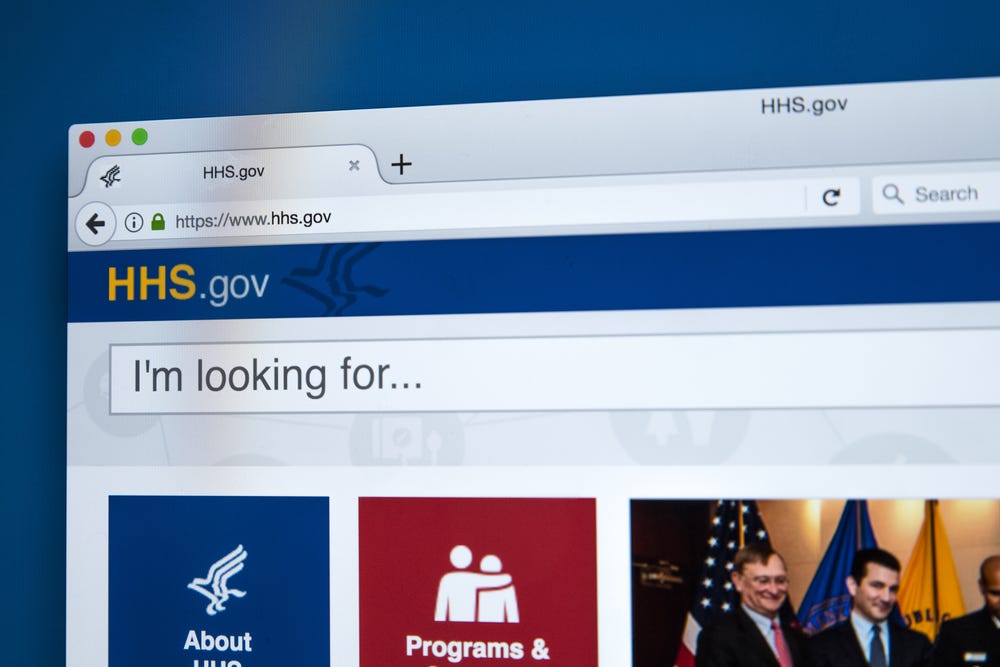A round-up of the latest and best writing and musings on the rise of illiberalism in the public discourse:
Bret Stephens: Can We Still Be Optimistic About America?
It is fashionable these days to see America’s glass as half-full at best and that the glass itself was always pretty dirty anyway. In his New York Times column this week, Bret Stephens, while clear-eyed about the problems we face, says that optimism is more than justified and in no small measure because of the principles upon which the country was founded and continues to strive to live up to today.
The pessimism comes in many flavors. There is progressive pessimism: The country is tilting toward MAGA-hatted fascism or a new version of “The Handmaid’s Tale.” There is conservative pessimism: The institutions, from primary schools to the Pentagon, are all being captured by wokeness. There is Afropessimism: Black people have always been excluded by systemic, ineradicable racism. There is the pessimism of the white middle and working classes: The country and the values they’ve known for generations are being hijacked by smug, self-dealing elites who view them with contempt.
There is also the pessimism of the middle: We are losing the institutional capacity, cultural norms and moral courage needed to strike pragmatic compromises at almost every level of society. Zero-sum is now our default setting.
[ . . . ]
Rulers who come to believe their own propaganda will inevitably miscalculate, often catastrophically. Look again at Putin, who really believed he had a competent military.
Which brings me back to the United States. Just as dictatorships advertise their strengths but hide their weaknesses — both to others and to themselves — democracies do the opposite: We obsess over our weaknesses even as we forget our formidable strengths. It is the source of our pessimism. But it is also, paradoxically, our deepest strength: In refusing to look away from our flaws, we not only acknowledge them but also begin fixing them.
We rethink. We adapt. In bending, we find new ways to grow.
Read it all.
Robert Tracinski: This Is How We Get Oligarchs
Conservatives and Republicans have long cultivated a relationship with the business community to the point where opponents often level the accusation that the concerns of individuals end up taking a back seat. The rise of so-called “woke capital,” however, is pushing some Republicans to exercise government power to push back against what they see as inappropriate corporate interference in social and cultural spheres. At Discourse Magazine, Robert Tracinski writes that this power play amounts to an abuse of power incompatible with liberal democracy and American freedom.
The new era of political reprisals against wayward corporations is heralded by Florida Gov. Ron DeSantis’ self-destructive war against Disney, one of his state’s top employers and economic mainstays. This has so far taken the form of a law dissolving the Reedy Creek Improvement District, a special local government entity created specifically for the Disney World Resort. The RCID allows Disney, in effect, to tax itself and use the money to provide basic public services such as water, sewage and firefighters for the park and its facilities.
Despite all the talk of this being a “special privilege,” the autonomy granted to Disney was a precondition without which it could not have built or expanded the resort, to the benefit of the state and surrounding local governments. Moreover, the creation of the district was necessary to avoid overwhelming county governments with the enormous expense and administrative challenges of running the massive resort’s services. Unwinding the arrangement could even saddle those local governments or the state government with $1 billion in the RCID’s debt.
[ . . . ]
This is the explicit goal of the economic theory of the nationalist conservatives, who advocate a “common good capitalism” in which corporations are required to operate “for the benefit of the workers and the greater society”—as judged by political leaders. In versions such as the one advocated by Missouri Sen. Josh Hawley, this involves ambitious schemes for having Commerce Department officials sign off on all trade transactions—a system that seems a lot more like cronyism than capitalism. (This, in turn, is just a conservative adaption of the left’s attempts at “stakeholder capitalism.”)
[ . . . ]
Since no faction in the American system has a political monopoly, we can expect that this will at first take the form of political leaders from different factions trying to intimidate corporations into supporting their different political messages. Carney reminds us that before DeSantis tried to coerce the political acquiescence of Disney, Democrats tried to do the same with churches.
Read it all here.
Greg Gonzalez: Is HHS about to regulate ‘misinformation’?
The Biden administration’s recent establishment of Department of Homeland Security’s Disinformation Governance Board raised free speech and civil liberties concerns across the political spectrum. Now the Foundation for Individual Rights in Education is concerned that the Department of Health and Human Services is trying to get in on the act with possible regulations regarding medical “misinformation,” writes FIRE’s Greg Gonzalez.
On Monday, FIRE submitted a public comment to the federal Department of Health and Human Services in response to a Request for Information (RFI) regarding health misinformation. While we recognize the Department may wish to track and counter what it considers misinformation related to COVID-19, we are concerned the possible rulemaking following the RFI could lead HHS to infringe on free speech rights and threaten academic freedom at institutions of higher education.
[ . . . ]
By regulating “misinformation,” HHS may inadvertently close the door on important scientific and medical advancements that are initially considered outside the mainstream. The sands of our understanding constantly shift, as prevailing assumptions in medicine may later be proven wrong. Medical professionals must be able to question the status quo, and we must not foreclose long-term progress by officially labeling criticisms “misinformation” in fear of purportedly erroneous or misleading information.
Read the whole thing.
Around Twitter
Via Colin Wright, it’s difficult to keep up with the evolution of language:
Via the Foundation Against Intolerance & Racism, Melissa Chen on the lessons for America and free speech from her experience in her native Singapore:
And finally, Donald Trump’s return to Twitter is endorsed by… the ACLU? Via Glenn Greenwald. As Greenwald notes, the ACLU also acknowledges Musk is one of its largest donors:












